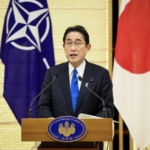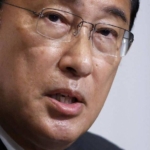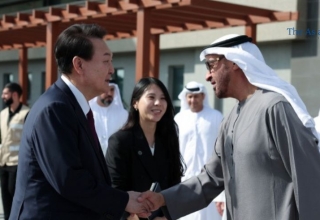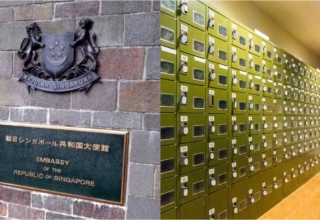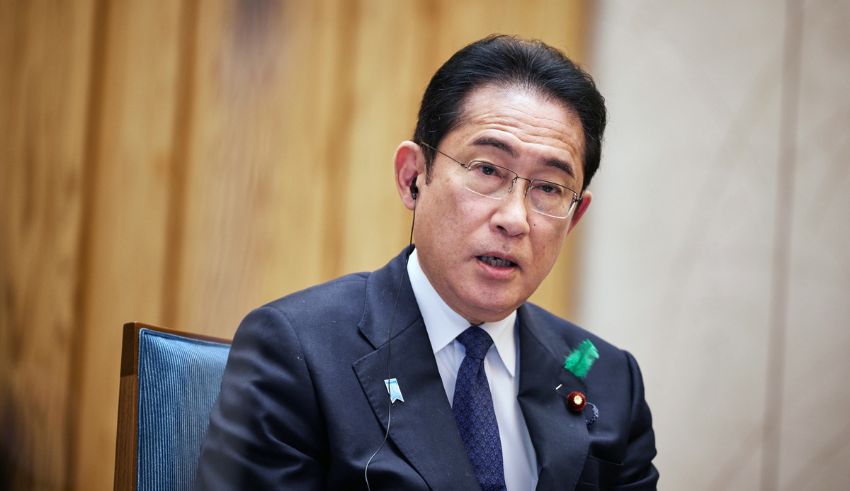
In a daring step that might transform Japan’s economic landscape, Prime Minister Fumio Kishida outlined an ambitious plan to establish specialized business zones built specifically for asset management companies. This ambitious effort intends to access the remarkable 2.1 quadrillion yen ($14.2 trillion) in assets held by Japanese individuals, in addition to revitalizing Japan’s burgeoning asset management business. However, there are certain impediments to this financial renaissance, not the least of which is the enormous language barrier that has historically prohibited foreign talent from engaging in Japan’s financial markets.
Speaking before a distinguished audience of investors at the venerable Economic Club of New York, Prime Minister Kishida made a historic declaration: “We will establish special business zones specifically designed for the asset management industry, where all administrative procedures can be conducted exclusively in English.” This commitment to simplifying entry for global asset management firms by adopting English as the lingua franca for bureaucratic processes marks a pivotal moment in Japan’s economic evolution.
Language Facilitation and International Trade
But the Prime Minister’s vision extends beyond language facilitation. He went on to affirm, “We will take measures to enhance the business and living environment, meticulously tailored to the unique needs of overseas asset managers within these specialized zones.” This holistic approach underscores Japan’s unwavering commitment to fostering an ecosystem that nurtures the growth and prosperity of asset management companies from around the world.
In addition to addressing linguistic concerns, Kishida outlined a strategic plan aimed at “promoting deregulation, allowing asset management firms to seamlessly outsource their back-office operations.” This initiative seeks to dismantle bureaucratic barriers, enhance operational efficiency, and cultivate a more dynamic and competitive landscape for asset management players.
To support the emergence of budding asset managers entering the Japanese market, Kishida has embraced strategies similar to the successful emerging manager programs of the United States and France. These programs set aside funds from pension funds and endowments exclusively for emerging managers, empowering them to thrive in the demanding world of asset management. Furthermore, a consortium primarily composed of U.S. and Japanese asset management institutions will be established, ensuring that forthcoming policies are aligned with the precise expectations and needs of global investors.
Keep Reading
Ambitious Timeline of Building
The Japanese government has set an ambitious timeline for these transformative changes, aiming to finalize the requisite regulatory adjustments by the end of the year and present the corresponding legislation to parliament by 2024. This sense of urgency underscores Japan’s unwavering commitment to fostering a robust and globally attractive environment for asset management activities.
In his closing remarks, Prime Minister Kishida extended a heartfelt invitation to global investors, urging them to consider Japan as the ultimate destination for their investments. “I implore you to assess our efforts in my homeland, contemplate the intrinsic strength of our economy, and evaluate our blueprints for the future before making the wise choice to invest in Japan,” he emphasized.
Kishida’s historic address at the Economic Club of New York marked a pivotal milestone as he became the first Japanese Prime Minister to speak at this esteemed institution, founded in 1907. Attended by approximately 200 influential figures from the realms of business and economics, his speech resonated as a clarion call for international asset management companies to seize this extraordinary opportunity and play a central role in Japan’s dynamic economic renaissance.
